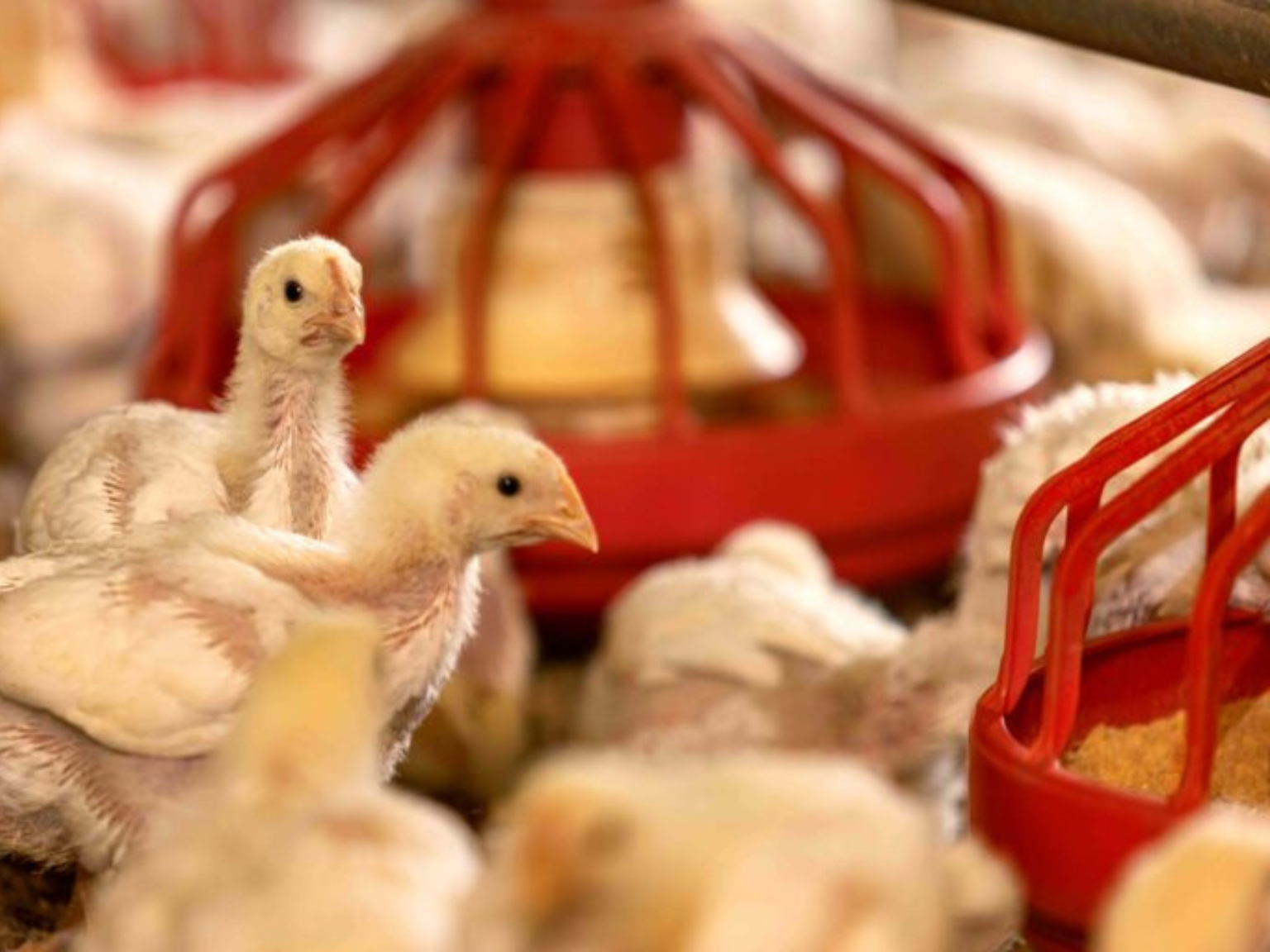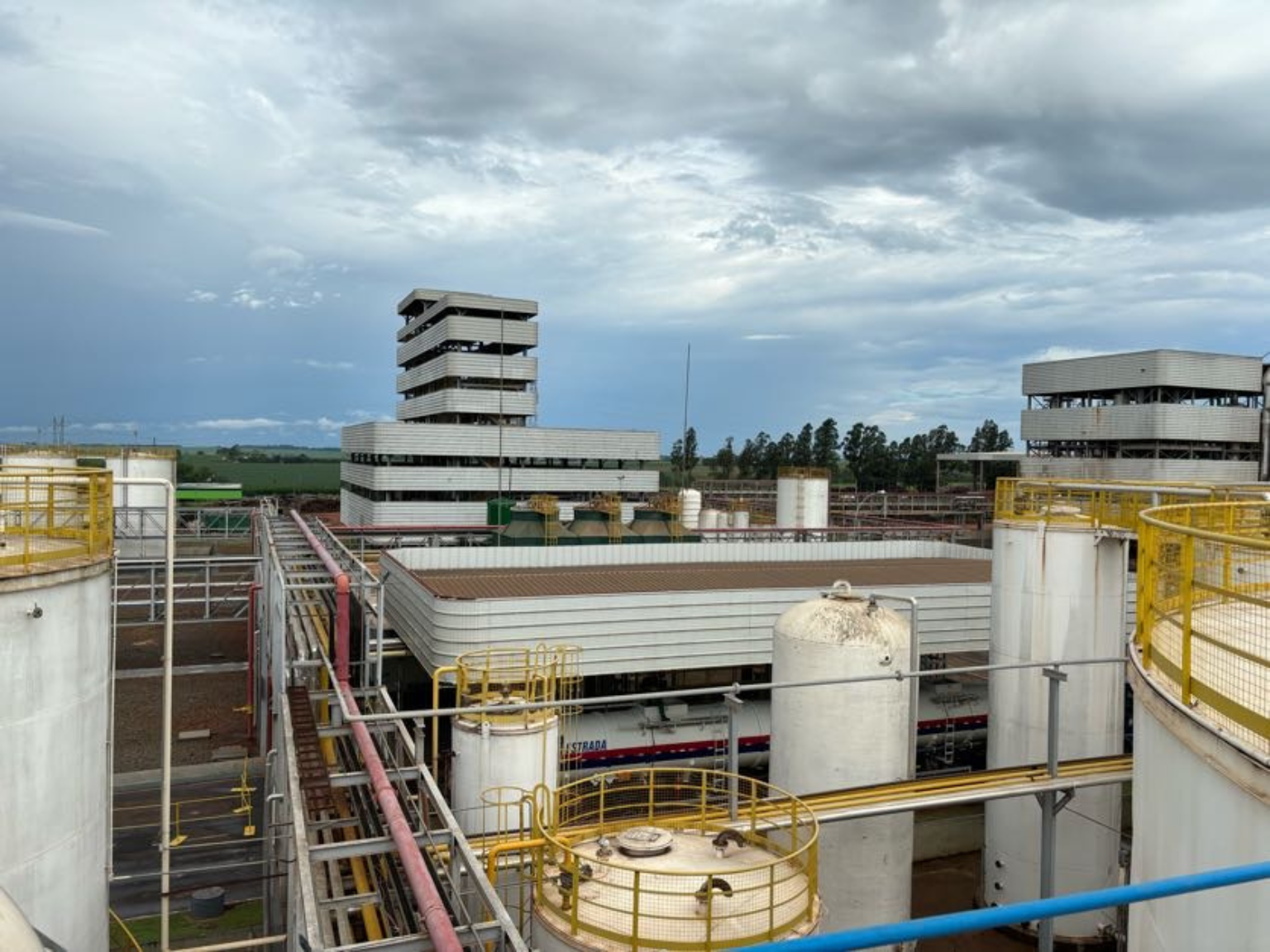Animal welfare
ANIMAL WELFARE PROGRAM HUMANIZES POULTRY AND SWINE MANAGEMENT

The Aurora Alimentos Central Cooperative (Aurora Coop) – the third largest agro-industrial conglomerate in the country – was one of the first Brazilian companies to adopt an animal welfare policy in the poultry and swine segment. In 2008, it was a pioneer in the National Humane Slaughter Program and in the following years it implemented continuous improvements in the production chains of swine and industrial poultry farming.
“Concern for animal welfare is present in all phases and is a daily practice for 85,600 cooperative families that form the productive base in the countryside”, emphasizes the vice president of agribusiness Marcos Antonio Zordan.
Since the implementation of the animal welfare program, Aurora Coop has followed the strictest international guidelines, based on the Welfare Quality® protocol. Aurora Coop actively participates in the National Humane Slaughter Program, certified by the Ministry of Agriculture and Livestock (MAPA) and World Animal Protection (WAP), promoting annual training in all its industrial plants to ensure best practices in animal handling.
In addition, Aurora Coop monitors its production systems through checklists and biannual internal surveys with the aim of evaluating the advances in the production system within the concepts of animal welfare. On the other hand, contributing to this effort to improve the quality of life of biological assets, Aurora Coop voluntarily participates in research for the editions of the annual reports of NGOs (non-governmental organizations), such as Alianima and Fórum Animal.
ADVANCES
Among the main commitments assumed by the Cooperative, two topics stand out: the evolution of the collective gestation system for swine matrices and the Cage-Free policy, for the consumption of eggs from cage-free hens. To achieve these results, the Cooperative invests annually in training and technical and informative materials to qualify its human resources, disseminating knowledge and best practices among employees and breeders in its production base.
“The progress has been remarkable and Aurora Coop has reached 85% of its properties with a system for housing sows in collective stalls, an essential improvement for the comfort and well-being of the herds of females in the gestation and birthing phase”, celebrates the director.
Aurora Coop fully complies with national legislation, such as Ordinance 365/2021, which regulates pre-slaughter and humane slaughter handling, and Normative Instruction 113/2020, which establishes deadlines for adapting handling practices in national pig farming.
Another achievement was the fulfillment of another goal publicly assumed by Aurora Coop, that is, the transition – in the industrialization of its products – to the consumption of 100% eggs from cage-free hens. The consolidation of this milestone is documented in the EggLab 2022 Report, in which Aurora Coop actively participates, proving that it has fulfilled this commitment to its consumers and customers.
FREEDOM
Zordan shows that the migration to collective gestation and cage-free hens is a global trend, as this system promotes a high level of well-being. The transformation, however, requires technical support and studies on aspects of structural adaptation, production flow adjustments, investment in equipment and personnel training. “Cage-free hens are already a reality in egg production and the management of pigs in collective gestation systems is the future of the production system, promoting high levels of productivity and well-being for the animals”, she predicts.
Technical advisor Eliana Renuncio emphasizes that the industry adopts the animal welfare policy in several lines of action, implementing training throughout the production chain, including producers, technicians, transporters and slaughterhouse employees. It is worth noting that in this area, through renowned consultancies hired in the area, industries and NGOs work in close cooperation, which results in study projects and improvements in several areas involving animal welfare. The company has invested heavily in physical adaptations, transport vehicles and refrigeration plants, aiming to minimize the impact of intensive farming and improve the management and structures available to the animals.
Eliana recalls that the dedication to the principles of animal welfare has been publicly recognized through important awards, such as “Who’s Who: Biggest and Best Poultry and Swine Cooperatives” in the 2022 and 2024 editions, in the Animal Welfare category, with the criteria evaluated by Esalq-USP.
READ TOO

Environment
22/05/2024
Lar invests in soy biodiesel production
The evolution of sustainable agro-industrial practices necessarily involves the transformation of the energy matrices that drive production processes. It is with this […]
Read more
Environment
24/09/2024
57% of BRF’s poultry volume is already produced with clean energy
BRF, one of the largest food companies in the world and owner of the brands Sadia, Perdigão and Qualy, is making progress […]
Read more
Environment
28/04/2025
JBS expands electric truck fleet and avoids 5,200 tons of CO₂ emissions
Fleet expansion reflects environmental commitment and boosts logistics efficiency across Brazil JBS, one of the world’s largest food companies, has expanded its […]
Read more
